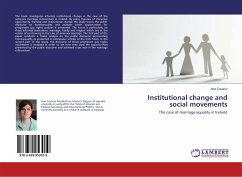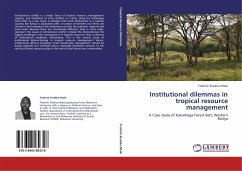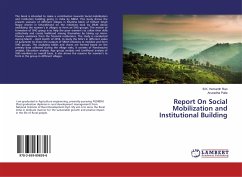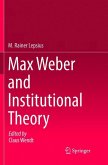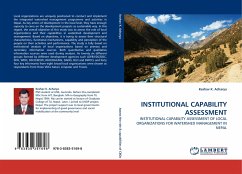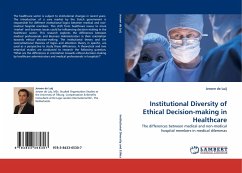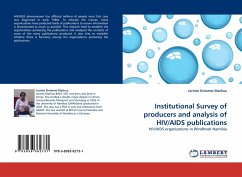The book investigates informal institutional change in the case of the same-sex marriage referendum in Ireland. By using theories of discursive opportunity, framing and institutional change the study traces the public discourse on homosexuality, and analyzes which opportunities for progressive gay rights policies it presented. The focus is particularly on three informal institutions: marriage, family and religion which are at the center of controversy in the case of same-sex marriage. The first part of the paper conducts a frame analysis on the public discourse surrounding homosexuality as presented in newspaper articles of the Irish Times. In the second part of the study, the discourse of three prominent gay rights movements is analyzed in order to see how they used the opportunities presented by the public discourse and achieved a yes vote in the marriage referendum.
Bitte wählen Sie Ihr Anliegen aus.
Rechnungen
Retourenschein anfordern
Bestellstatus
Storno

